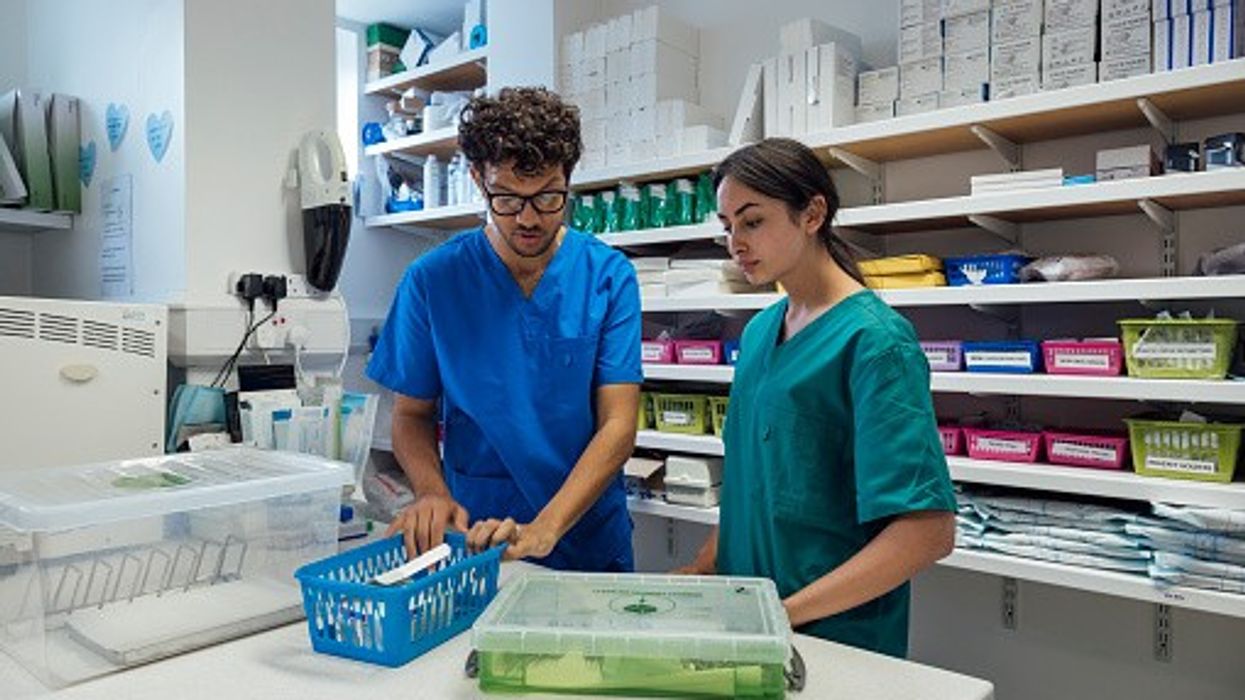After almost a year without an agreement, a new funding contract for community pharmacy was finally announced yesterday (31 March).
The settlement raises the baseline annual funding for the Community Pharmacy Contractual Framework (CPCF) in 2025/26 to £3.073 billion, with an additional £215 million secured to continue Pharmacy First and other Primary Care Recovery Plan services.
As part of the deal, the government also agreed to a write-off of historic margin overspend, with £193 million being written off, and a commitment to reviewing margin distribution.
Despite community pharmacy receiving the largest funding uplift in the NHS, many within the sector argue that the increase falls short of the findings of the recent economic review, which concluded that 78% of pharmacies in England are “unsustainable in the short run.”
“While the announcement is a step forward, set against the backdrop of the economic analysis, you can’t help but argue that it’s just not enough to help community pharmacy release itself from the financial blackhole it has been placed in,” said Louise Laban, sales and marketing director, at Centred Solutions.
She emphasised that community pharmacy has been operating at a significant loss for several years, a fact confirmed by the economic analysis of NHS pharmacy services.
The review found that almost half of pharmacies did not make a profit last year, and 99% of pharmacies had funding which was lower than the full economic cost.
It also estimated that community pharmacy costs could rise from £5,063 million to £8,106 million between 2023/24 and 2029/30.
“While you could argue that having a contract in place means that community pharmacy contractors finally know what to expect and are no longer operating in the dark, it’s fair to say that the deal agreed is simply not enough,” Laban said.
The biggest uplift in the agreement was seen in the Single Activity Fee (SAF), increasing by 19p to £1.46 per item from 1st April.
However, Laban agreed with others in the sector that this increase will likely be absorbed by the National Living Wage and National Insurance increases.
“The economic analysis estimated the full economic cost of NHS services to be £5.063bn while the amount agreed for this year’s contract is just £3.073bn. That is a shortfall of £1.990 billion,” she explained.
Funding alone won’t save pharmacy
Now, the key question is whether this funding will be enough to sustain the sector while negotiations begin for the 2026/27 contract.
Laban said: “The answer could lie in how community pharmacies respond to the hand they have been so badly dealt. It is clear that funding alone isn’t going to be enough to save community pharmacy.”
“What is needed is a combination of funding and reform.”
She encourages pharmacies to embrace new opportunities and ways of working, including delivering private services, which are “far more profitable than NHS services.”
Additionally, she said pharmacies should streamline dispensing service while maintaining or and even increasing, item volumes.
“This will ensure that pharmacy has more capacity to deliver services,” Laban stated.
However, she acknowledged that community pharmacy needs support to fully embrace these opportunities.
She stressed the need for collaboration with technology providers and for the government to move ahead quickly with the reforms they have promised – particularly hub and spoke between different legal entities and supervision changes to give Accredited Checking Technicians (ACTs) more responsibility.
Last week, pharmacy minister Stephen Kinnock confirmed that changes to legislation will be made in the coming weeks, with the first model of hub-and-spoke dispensing expected to be introduced later this year.
Laban described the new funding agreement as “simply the first step in uplifting pharmacy cashflow” and urged the government to commit to increasing funding further to undo the damage of the past 10 years when negotiations for the 2026/27 contract begin.













